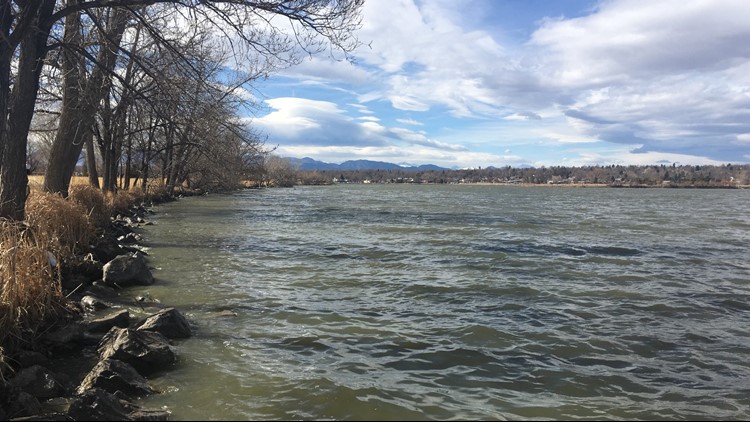DENVER — The city of Denver’s largest body of water has reopened to boating activities after being closed earlier this summer due to the presence of blue-green algae, which can be poisonous to people and pets.
The lake closed on July 22. Contact with the water and all recreational activities were prohibited, including fishing, wading, boating and the use of watercraft like canoes, paddleboards and kayaks.
The algae was one of the factors driving the Colorado Dragon Boat Festival to cancel its event later this month.
Denver Parks and Rec said the lake will reopen to boating activities Friday. They said tests are now coming out clear, and the water is looking a lot better.
People visiting the park should still not allow their children or pets near the water.
Blue-green algae is otherwise known as “cyanobacteria,” but regardless of what it’s called, it’s bad news. The city said pets can die within hours of consuming the algae, and people can experience a headache, diarrhea, weakness and liver damage.
Signs notifying Sloan’s Lake visitors about the presence of algae were replaced during the closure with new material informing people about the closure, the city said.
This is one of multiple bodies of water throughout Colorado that have had to close this summer. The swim beaches at Cherry Creek and Chatfield reservoirs had to close earlier in July due to the presence of E. coli.
Blue-green algae is common in ponds and lakes during the summer months. The blooms tend to clump together near surface water and could be anywhere from bright green to brownish.
There is no known antidote to the toxins for pets, so typically veterinarians have to attempt to flush out the toxins quickly through induced vomiting.
SUGGESTED VIDEOS: Latest from 9NEWS



